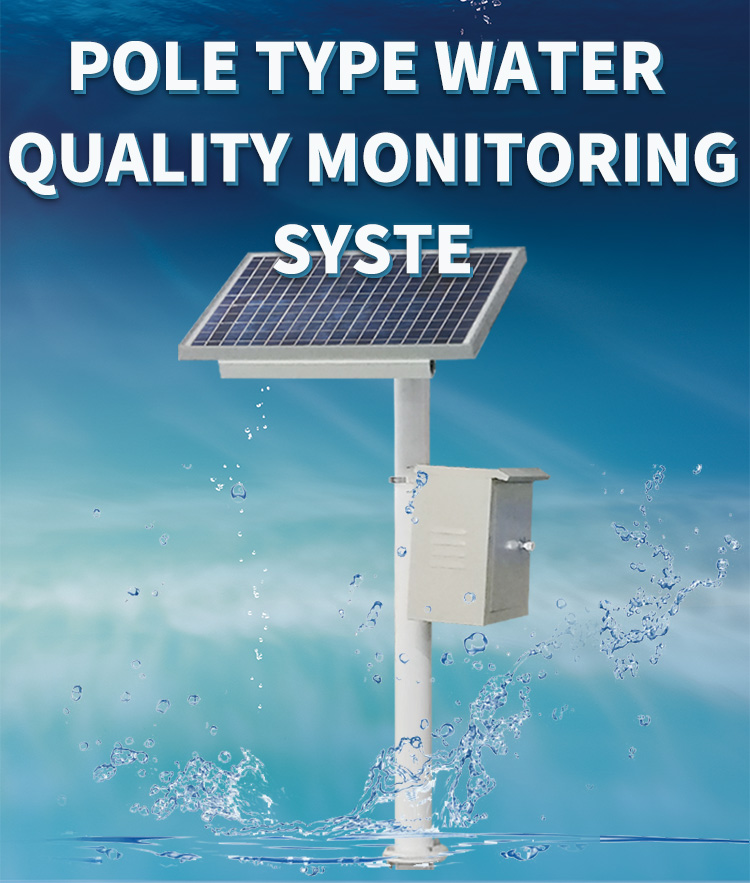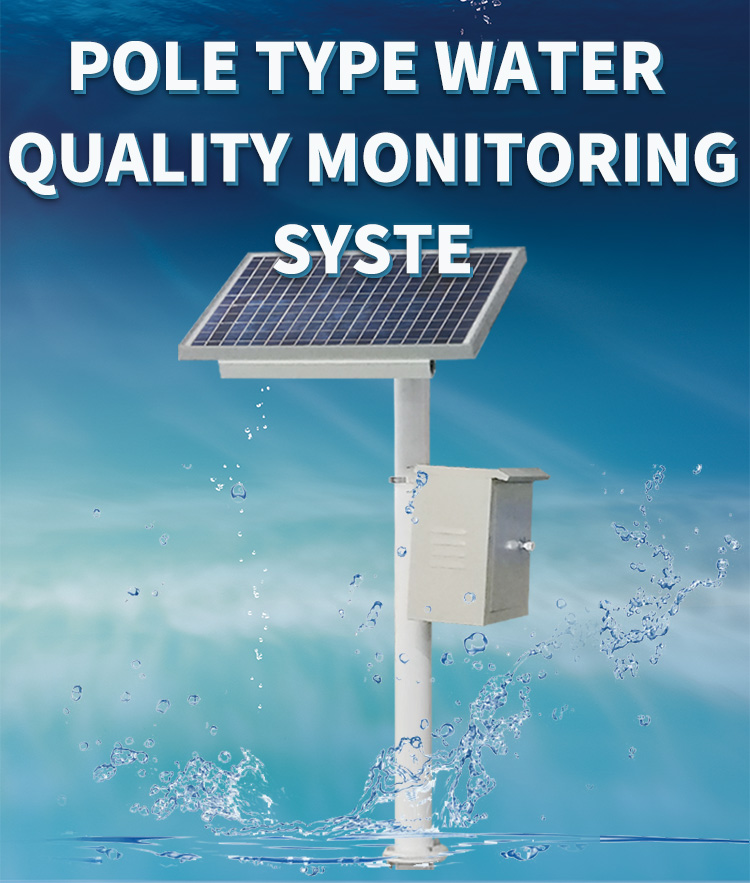Water is undoubtedly one of the most essential resources on our planet, sustaining life for every living organism on Earth. However, with the ever-increasing demands on this precious resource, it has become more important than ever to ensure that water quality is closely monitored and managed effectively. By doing so, we can ensure that this vital resource is maintained at a high quality level for current and future generations.
As we enter the 21st century, advances in technology have revolutionized the monitoring of water quality. The development of water quality sensors have made it possible to collect real-time data on various water quality parameters, such as pH, temperature, dissolved oxygen, and nutrient content. With the ability to collect and use this data, water management practices have become more efficient and effective in ensuring the safety of water resources.

One of the primary advantages of water quality sensors is their ability to detect and quantify contaminants in the water. These contaminants can come from a variety of sources, including industrial activities, agriculture, and human waste. By monitoring the water quality regularly and using this data to detect contaminants, we can minimize the risks associated with contaminated water and take appropriate action to address the problem.
Moreover, water quality sensors are essential in preventing the spread of waterborne diseases. With the real-time collection of data, waterborne diseases can be identified and contained before they can cause any significant harm. This is particularly of great importance in regions where access to clean water is limited, such as in developing countries and rural areas.
Apart from ensuring the safety of water resources, water quality sensors are also essential in monitoring the environmental impact of various human activities. For instance, the effects of industrial discharges or agricultural runoff can be identified using this technology. By doing so, environmental disasters can be avoided with early detection, and appropriate action can be taken to mitigate the effects on the environment.
Despite the numerous benefits of water quality sensors, there are still challenges associated with implementing them in water management practices. One significant challenge is the cost of these sensors, especially in developing countries, where access to financial resources is limited. However, with the advancement of technology, the cost of these sensors is gradually reducing, making them more accessible to more people.
Moreover, the complexities associated with data management and analysis can also be a challenge. Real-time data collection on multiple parameters can generate large amounts of data that need to be analyzed quickly and effectively. However, with the development of data analytics technology, this challenge is becoming less of an issue.
In conclusion, water quality monitoring is crucial in ensuring the safety of water resources and the environment. Water quality sensors have revolutionized this practice, making it possible to collect real-time data on various water quality parameters. Despite the challenges associated with implementing these sensors, they offer a significant opportunity to ensure the efficient and effective management of water resources. As such, there is a need to advance the application of water quality sensors and continue innovating in this field to ensure that our water resources are well-managed and sustained for future generations.






